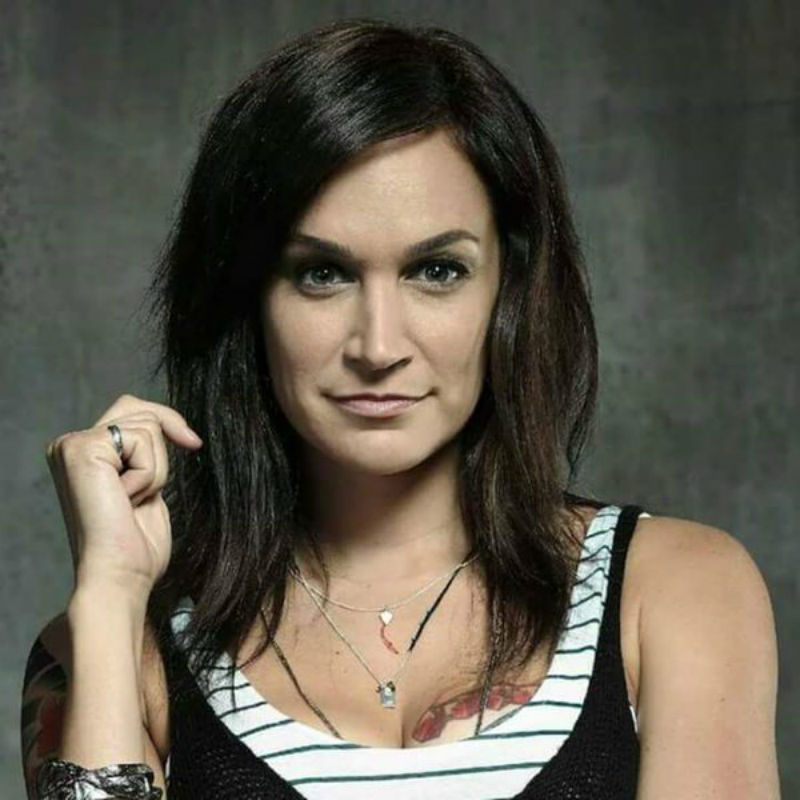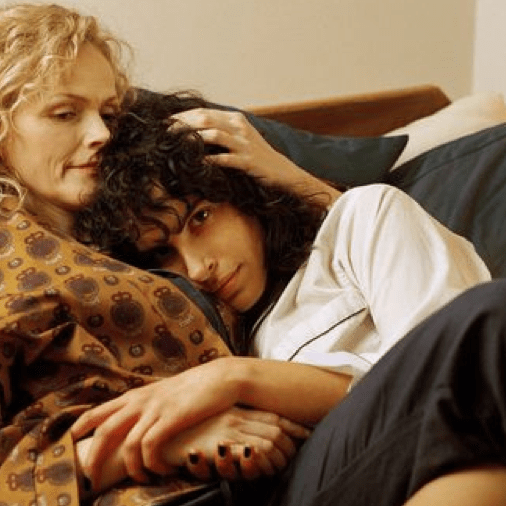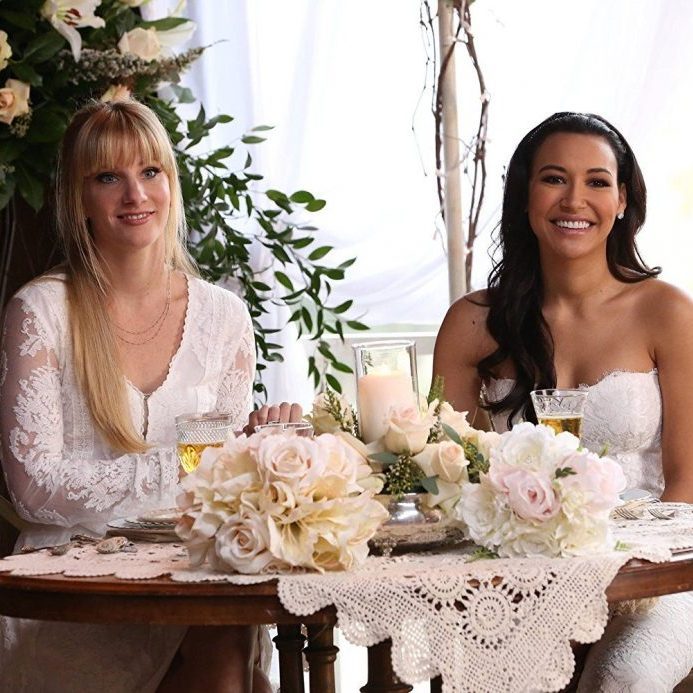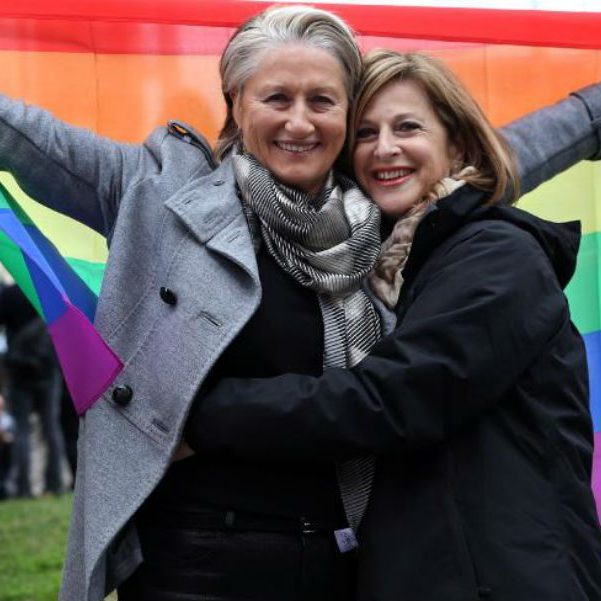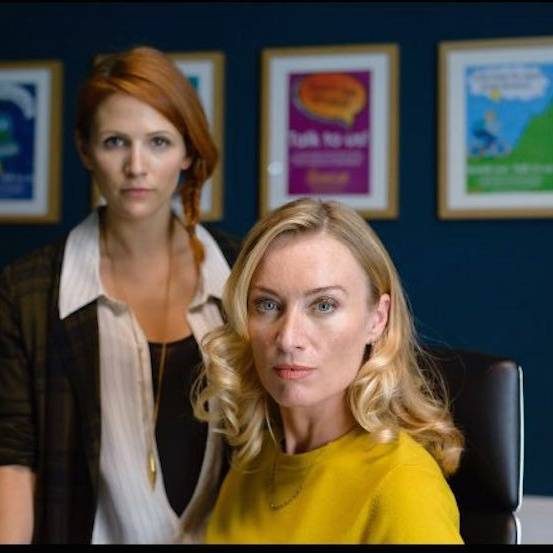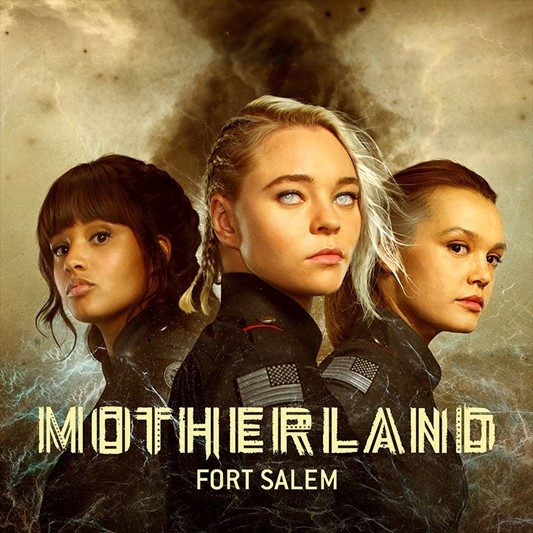 Media is a mirror of our own existence, in that it helps us learn about the world, our community, and ourselves. Every time television shows queerness in a way that is accessible, heartfelt and honest, it gives hope that we are indeed working to a truly equal world.
Media is a mirror of our own existence, in that it helps us learn about the world, our community, and ourselves. Every time television shows queerness in a way that is accessible, heartfelt and honest, it gives hope that we are indeed working to a truly equal world.
That’s why, when a show like Motherland: Fort Salem comes along, it has to be grasped with both hands.
Never before have I seen a show so wholly embrace its queerness and diversity and in turn, be embraced by the community it represents. While shows like Wynonna Earp and Lost Girl paved the way for genuine queer relationships, Motherland: Fort Salem has affectively created a universe where, through its inherent queerness, sexuality itself doesn’t exist.
The show features a female-centric America, one that boasts a female President (Sheryl Lee Ralph) and military made up completely of powerful female witches who, under the control of General Alder (Lyne Renée), are tasked with fighting the nation’s wars.
It is also racially and culturally diverse in both content and casting, with stories that enhance and celebrate cultural and racial differences. Audiences immediately latched onto the incredible performances of the entire ensemble, but most notably the relationship between the young, reckless Raelle Collar (Taylor Hickson) and mysterious Scylla Ramshorn (Amalia Holm).
Both young witches are shown to yearn for a purpose, for something greater than themselves, while trapped by their own circumstances. While their relationship has an explosive start, it is deeply complex and there is a constant nuance to their interactions as they discover earth-shattering things about themselves, one another, and the world they have both had a hand in forming.
They are the lead romance and form the heartbeat for the entire production, their love and journey allowing the other characters to grow and move through the expansive and intriguing universe in their own ways. The second season shows real consequences for their actions, intense yearning and satisfying moments that are a testament to the performances Taylor and Amalia put out every week.
Now, while Freeform has renewed the show for a third season, they have also revealed that the third season will be the last. While this is better than axing a show without warning, it does reveal some really worrying realities of queerness on our screen in the present day. In Glaad’s 2019-2020 “We Are On TV” report, Freeform boasted a total of 19 queer characters that put them in the second position on the list. As of 2021, Raelle and Scylla are the last remaining queer characters in a main/recurring role on Freeform, after bringing to a close several of their queer-inclusive shows. Not only is this a problem for Freeform, but it also seems, as FX’s (who sat at first on the same list) cancellation of Pose removes a huge chunk of queer and gender diverse characters from the screens of millions of people who, now more than ever, need that representation.
Queerness on-screen has ebbed and flowed with cultural phenomena over the last hundred years, however over the last ten years we have seen more honest representation than ever. It was hope forming, however tokenistic it may have been at times, but this recent trend is concerning. The more queer characters we lose, the more we start to disappear again, allowing hate and misrepresentation to fester where we once bloomed so brightly.
Networks may be attempting to convince us that “Bury Your Gays” is a thing of the past, but we can see their games. Instead of stray bullets and ruthless murders, we’re seeing axes fall on productions as a whole that kills not only the character but the world the character had once thrived in. Not better, not worse, but you would think that we could have moved past this completely by now – moved past networks telling queer and diverse communities in no simple terms “You do not matter.”
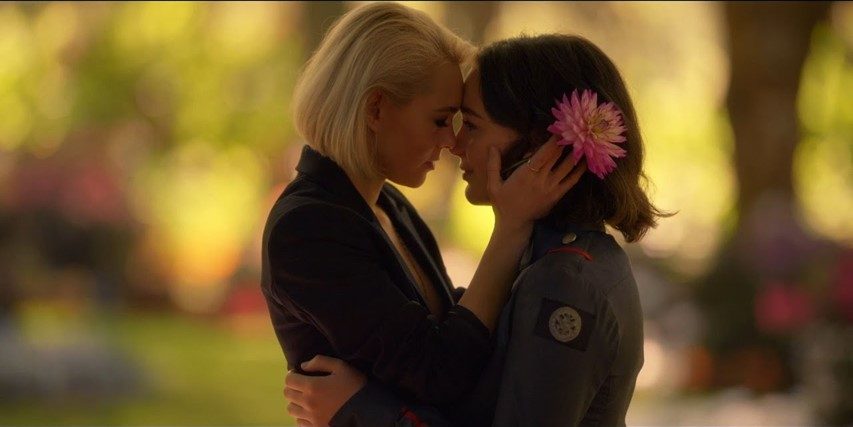
Despite being the third highest ranked show on streaming in March of 2020, the second season of Motherland: Fort Salem wasn’t promoted nearly as much and was pushed into later timeslots in a transparent effect for Freeform to kill the momentum of one of the most thrilling, interesting shows it has ever aired.
The shows viewer ratings have skyrocketed, despite the poor promotion, with the IMDB ratings ranging from the lowest at 8.7 to the highest with Irrevocable (Season 2 Episode 7), at 9.5, all of which makes the cancellation not only confusing but insulting to queer and diverse communities. In the cancellation, they are telling us that not only do we not matter but our opinions and our value is also inherently less than those of assumed normative society. The “othering” is nauseating.
Motherland: Fort Salem has created its own community, its own microcosm of the world that allows discussion to take place, people with different world views able to come together and bond over love and witches, good and evil, and the grey area that exists in everyone’s personal experiences of existence. I am unwilling to sit back and watch as networks assign their own values to different groups, minority or otherwise. We have the power as an audience to hold networks accountable for their decisions and to force them to recognise our agency. We will not go quietly into this good night, as much as they wish we would. There is room and time to fight, and we will. With Storm and Fury.
We can do better. We have to do better.
Watch Motherland: Fort Salem on Hulu/Disney+, iTunes, BBC iPlayer, and Foxtel.
Sign the petition to save Motherland: Fort Salem at www.change.org/p/freeform-save-motherland-fort-salem and don’t forget to tweet #SaveMotherlandFortSalem

